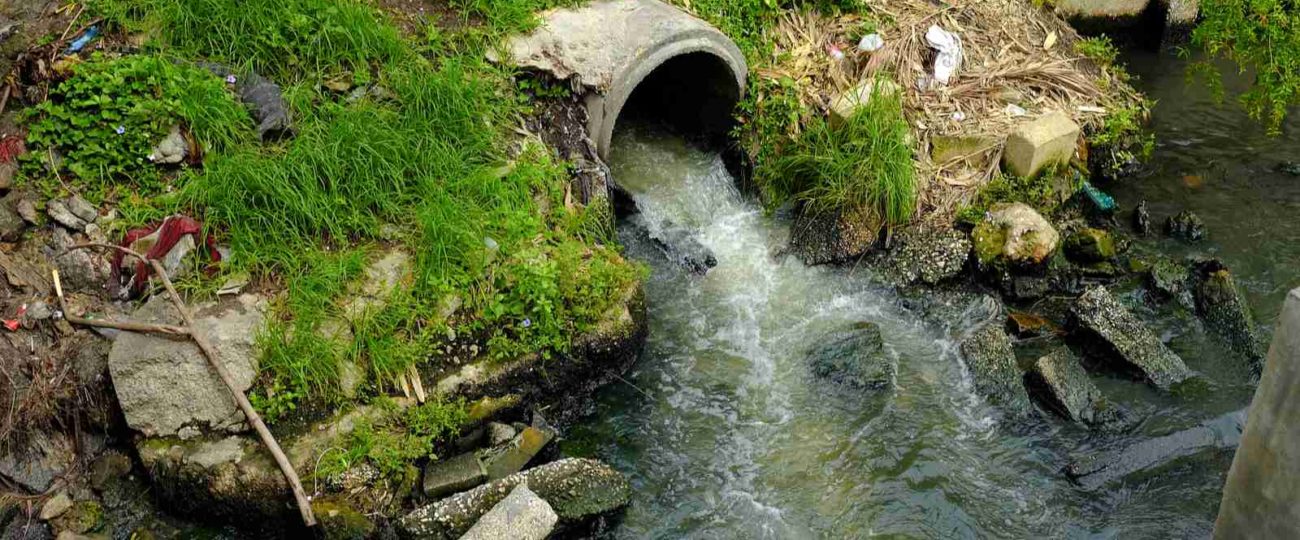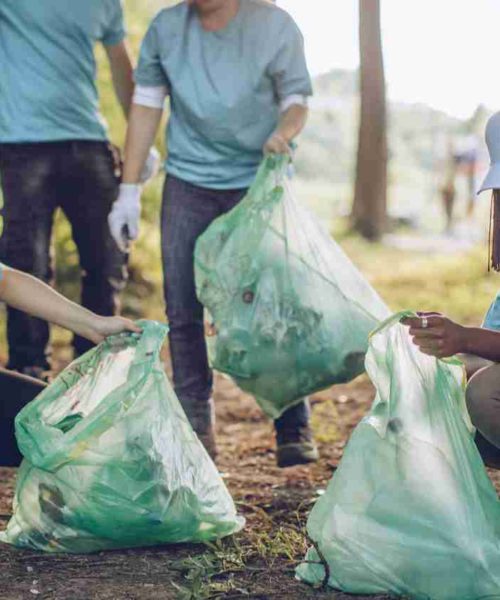The alarming reality of environmental degradation is that it is occurring at an unprecedented rate. According to the UN, 70% of all species are estimated to be threatened with extinction – and just one-third have been identified! Additionally, the destruction of our planet’s ecosystems has gained momentum over time with studies revealing that 52% show signs of maladaptation; which could eventually result in extinction for all life on this planet if we do not take action soon!
Are you aware of these statistics? It may be disheartening to learn that your actions do make a difference in the grand scheme of things – but how can you help reverse the trend toward ecological destruction?
The answer lies within your ability to reduce consumption and boost production. These two strategies offer a powerful means by which individuals can contribute toward conservation efforts while also safeguarding their own well-being.
As one might imagine, efforts to improve upon humanity’s current environment are, if anything, an arduous venture. Far too often than not we fail miserably in our quests to preserve the Earth – and there is no exception with regard Dona Nubia, senior sustainability advocate at Nestlé Waters North America Inc. who recently shared her insights on this critical matter: “It’s a challenge when people try to run their own businesses,” she explains. “They don’t know how to take care of their land or water. That doesn’t mean they should be condemned.”
1. Overpopulation and Unsustainable Consumption
It’s undeniable that the masses within our own planet are rapidly growing; however, this development has not been accompanied by commensurate increases in resources.
The United Nations’ 2017 revision estimate of 7.6 billion people on Earth must be considered a source for concern – especially in light of how much we consume.
Unequivocally, it is acknowledged that a smaller population can provide greater benefits to society than an expansive one. For example, villagers in India and Pakistan have experienced real-life examples with their respective success stories related to alleviating poverty through reductions in family size–they’ve effectively utilized their well-being as leverage!
2. Pollution From Human Activity
We’ve previously touched upon the damaging effects of climate change and other natural phenomena, but this isn’t the only cause of pollution on our planet.
The manifold byproducts of modern society – from exhaust fumes to plastic-filled waters – can all be cited as evincing the deleterious effect of human activity on nature.
According to an investigation conducted by Deutsche Bank in 2017, almost two-thirds of respondents rated vehicular fumes as among the top three most pressing environmental issues facing our world today. During that period alone more than 1 trillion tons of CO2 was emitted into the atmosphere due to automotive operation!
3. Soil Degradation and Desertification
Soil degradation is a significant problem for farmers, who rely on the stability of their land to produce food. If soil becomes too acidic or too salty, crops will not be able to thrive; consequently leading to crop failure.
Soil erosion can have an even more detrimental effect on farming communities around the world. Our planet has experienced rapid desertification over recent decades due to a number of factors, including deforestation, excessive tillage and overgrazing by livestock. Not only does this inflict serious economic harm upon farmers here but it can also subject them to constant risk of famine!
4. Freshwater Pollution and Water Scarcity
In 2017, experts from multiple organizations warned that freshwater pollution has become an “urgent problem” affecting more than 70% of the world’s population. Without access to clean water – not only for drinking but also for bathing and cooking with – countless individuals are at risk while others face the prospect of dying prematurely due to it.
Indeed, regulatory agencies have recognized this as a global threat and implemented various measures in an effort to ensure safety; however, despite their best efforts they still cannot prevent an often overlooked source of contamination: human sewage.







